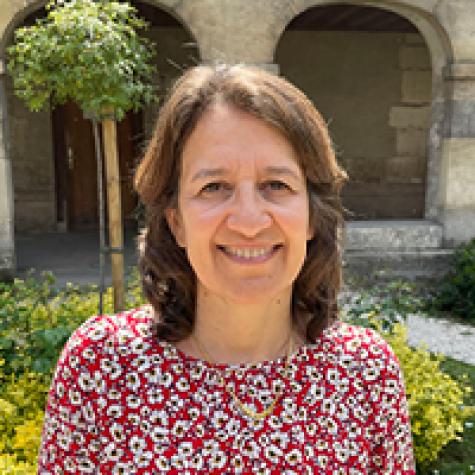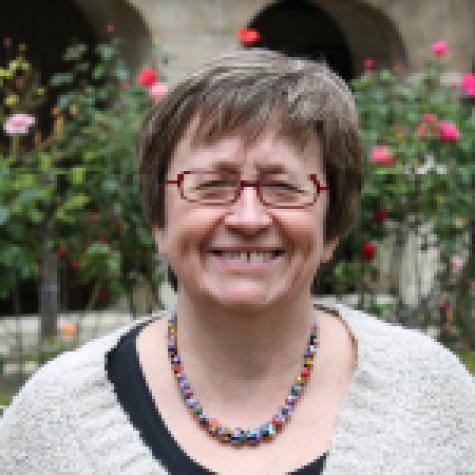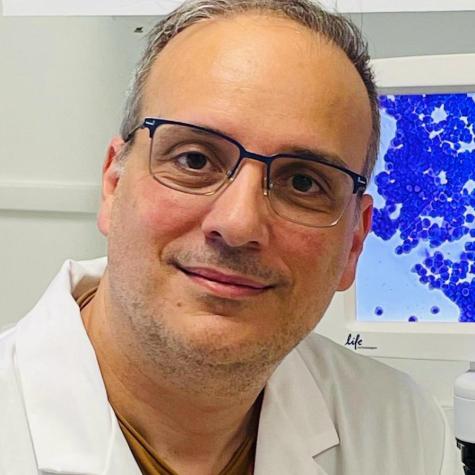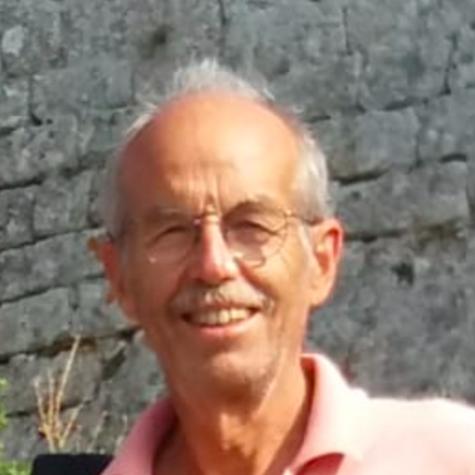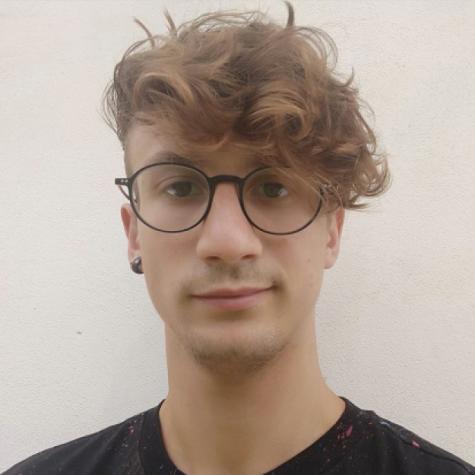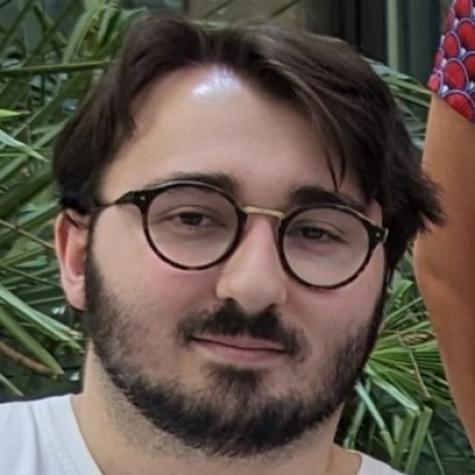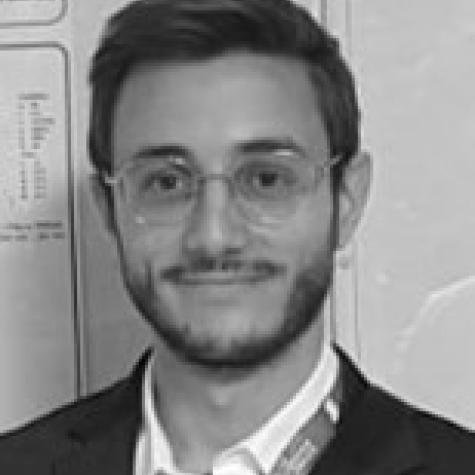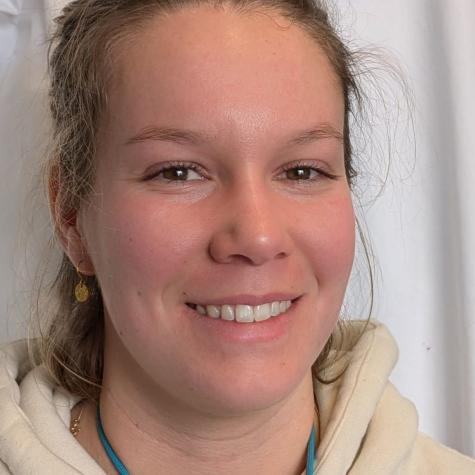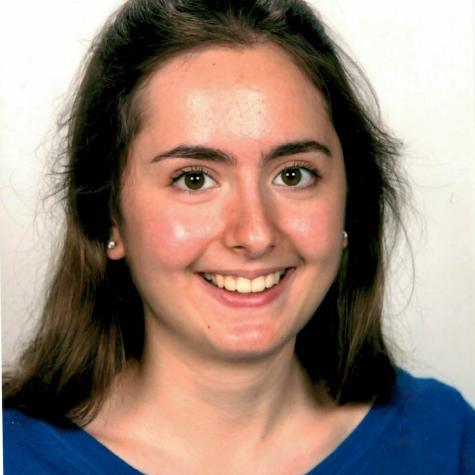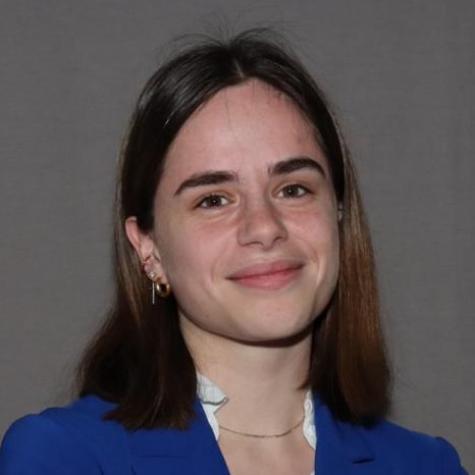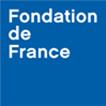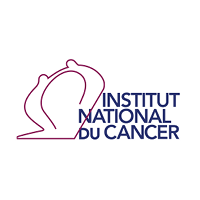Cancer Immunotherapy and Cell Reprogramming
Our team, "Cancer Immunotherapy and Cellular Reprogramming," investigates the co-evolution of cancer and immune cells to enhance the immune system's efficacy, overcome therapeutic resistance, and counteract metastatic progression.
At the intersection of the Immunology and Cancer research axes of Institut Cochin, our work stands out for its focus on tumor and immune cell factors that either promote or inhibit tumor progression, particularly in the context of anticancer therapies. Using molecular targets identified in our research, we aim to elucidate their roles in cellular regulation in both mouse models and human studies.
We are exploring the role of the epigenetic factor RINF in the reprogramming of (CAR)T cells, stromal cells, and tumor cells, as well as the impact of the enzyme IL4I1. The catabolic activity of IL4I1 impair immune cell effectiveness, particularly macrophages, in tumor control. Additionally, we investigate the cellular dynamics influenced by key cytokines (IFNs, TGFβ and GCSF), which modulate both the tumor microenvironment and metastatic progression.
In parallel, we aim to identify predictive biomarkers for immunotherapy success or failure. Our research underscores the critical need for myeloid cell reprogramming, complementing T lymphocyte-based approaches, to improve cancer treatments. We also analyze the synergistic interactions between these cell populations following anti-PD1/PDL1 therapies or interferon-inducing treatments.
Our ultimate goal is to lay the groundwork for targeting key factors in tumor evolution while refining Immunotherapy approaches, to develop innovative clinical solutions and transform cancer care.


